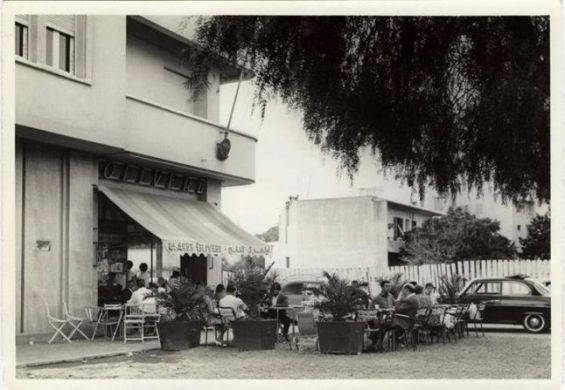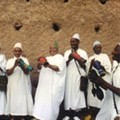Before Morocco broke free from the French, its intellectuals kept up with what was happening in the country and in the world through newspapers and radio channels. These two means were the main source of information and entertainment for Moroccans.
But by the end of the French protectorate, the North African Kingdom entered a new phase, during which TV started to gain a very important position in every household. This television revolution, however, is now losing ground to the internet, mobile phones and other platforms that managed to attract the attention of entertainment seekers.
The start of a pioneer
The world’s first television stations started broadcasting by the end of the 1920s and the beginning of the 1930s, mainly in the United States and in the United Kingdom. Although World War II delayed it, the trend slowly caught up in the rest of the world and TVs made it to every household.
Morocco was one of the first countries in the Arab World to consider having a television station. On February 28, 1954, before Independence, the first Moroccan TV channel was launched under the name of TELMA. Although it was considered a pioneer, the French-speaking channel did not last for long. Operating for 15 months only, TELMA had to close its doors after it got suspended on May 20, 1955.
TELMA was based in Casablanca, but its transmitters were installed in Rabat, Fes and Meknes, according to Moulay Idriss Jaidi’s book. The TV station had a weekly 20 to 30-hour program, that was mostly in French. Locally produced programs were limited to advertisement, newsletters and announcements from the French resident’s office at the time.
TELMA was met with a wave of anger, as most of Moroccans saw in it a channel that the French used to convey their messages and propaganda. And because it was rejected by nationalists, the channel had to stop broadcasting.
Morocco remained without an official channel for years, even after it gained independence. However, by March 1962, the Moroccan television was officially launched, inaugurated through the speech of King Hassan II on the Throne Day.
Interviewed by history magazine Zamane, Mohamed Seddik Maaninou who has been working in the field since the 1960s said that «TV has been associated with the Throne Day festivities» and the first thing to be broadcasted by the channel «was the king’s speech in 1962». And to make TV a powerful tool, authorities handed TVs to cafés and places, where people gather, to encourage them to vote for the 1962 Constitution.
Color television
Morocco had a black and white channel that kept broadcasting until 1973, when King Hassan delivered his Throne Day speech in color.
«When King Hassan II decided to broadcast the 1973 Throne Day speech in color, the aim was to erase the traces of the two coup attempts of 1971 and 1972, and to send a political message to the citizens that the page was turned and that the country was doing fine and was colorful», Maaninou told Zamane.
He stressed that after the 1973 Throne Day speech, television in Morocco gradually moved from «black and white to color». At the beginning, royal activities were the only ones broadcasted in color, while the rest of the programs were in black and white. The trend slowly expanded, including the-then Crown prince, then ministers, until it covered all programs shown on TV.
While the Kingdom had one state-owned official channel, on March 4, 1989, the first private channel in the country was launched. Dubbed «2M», the latter began transmitting in 1997, starting a new chapter in the field in Morocco.




 chargement...
chargement...












